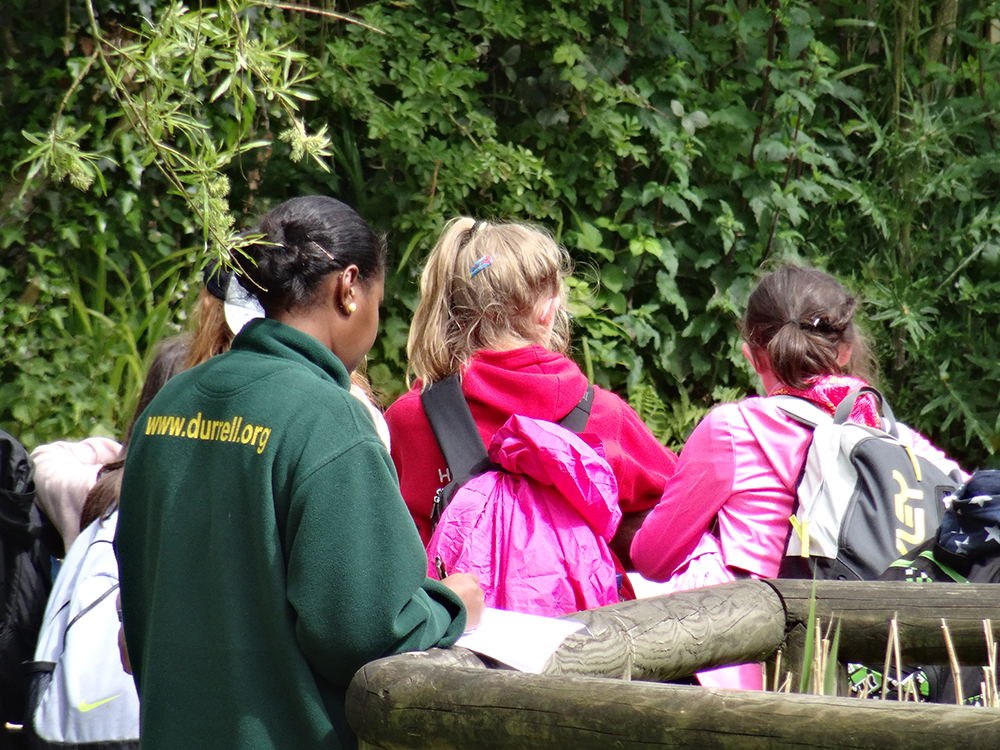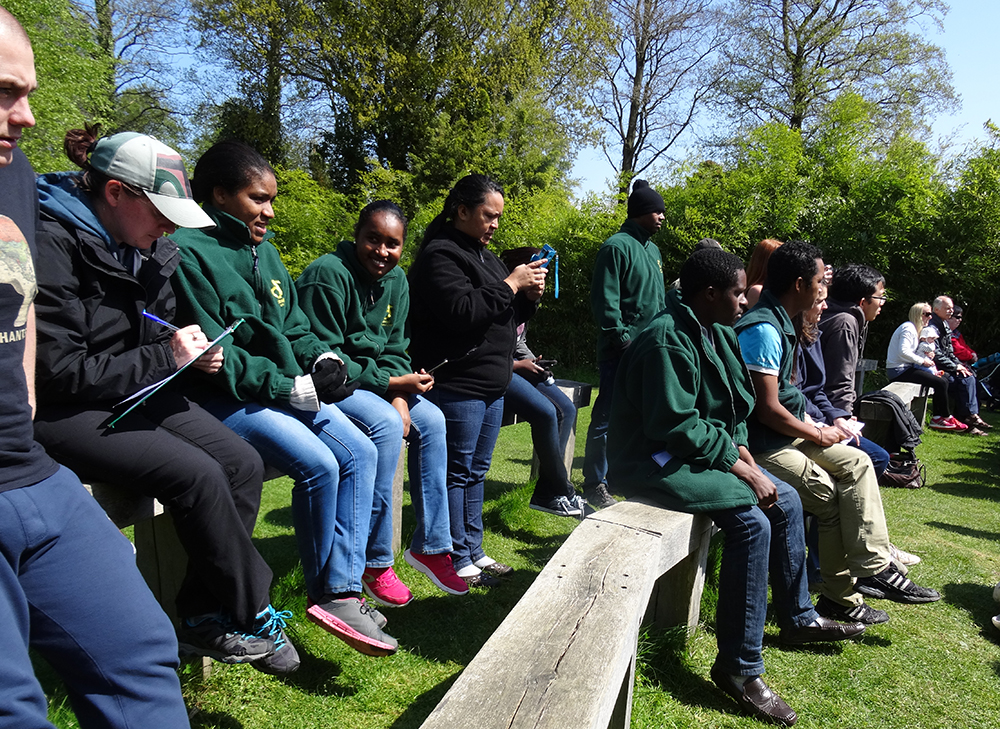After 35 years working in conservation education I still enjoy giving presentations and helping others with techniques to improve theirs. In the modern age of Tik-Tok, Instagram and YouTube many have greater skills and effectiveness than me in those media. However, the face to face and “real” presentation is still a very important aspect of sharing our work and especially engaging with visitors.
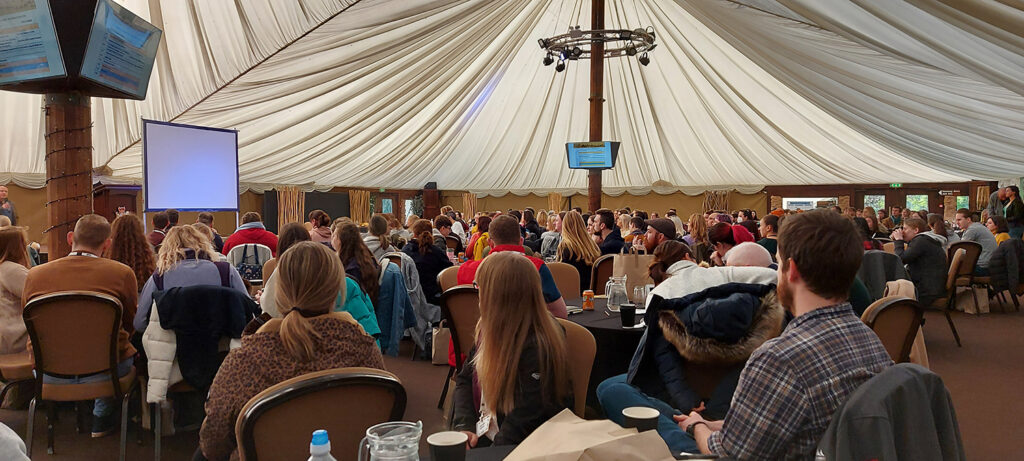
It was an honour to be the first speaker on day 2 of the 2022 ABWAK Symposium attended by over 200 people and held at West Midlands Safari Park in early March. My talk “Arabian Giraffes and Indonesian Ambassadors” was an opportunity to share the great work of Sharjah Safari and Orangutan Haven whilst discussing the importance of public engagement and education in zoos.
Keepers are increasingly involved in direct visitor engagement and ‘education’ activity. I was therefore delighted to be asked back to Longleat Safari Park to run ‘Presentation and Communication Training’ for small groups of keepers and safari tour guides. Many of the staff there interact with guests on site, give talks and tours and of course some are ‘famous’ through appearances on ‘Animal Park’ on TV.
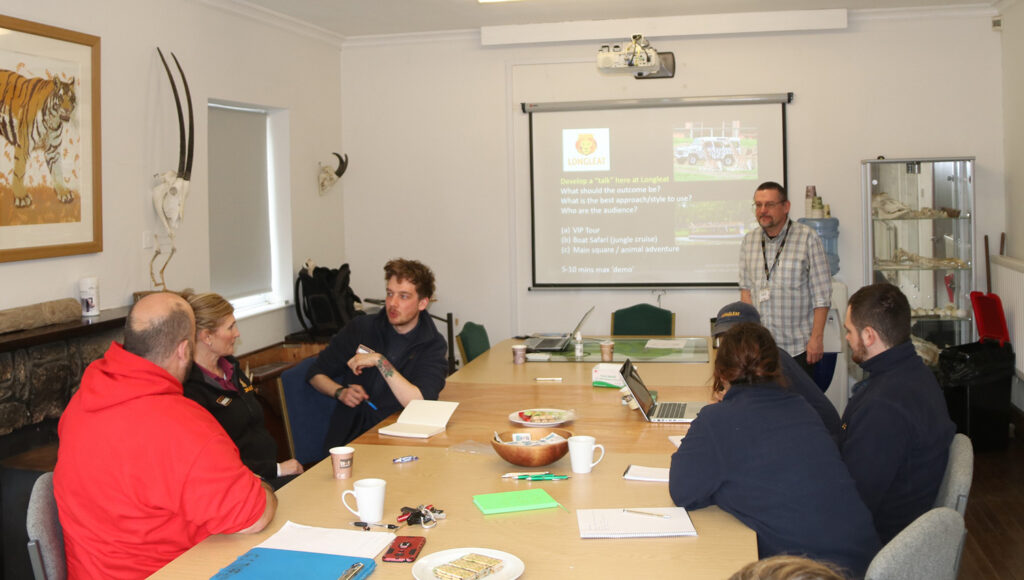
I was pleased to work with some who had been at Longleat several years as well as those who joined in the past 12 months. Through a day of activities and information, participants are encouraged to understand what the desired outcomes are and ways that they can enhance their communication skills to be most effective. I particularly enjoy using a diversity of techniques from acting to tongue twisters and it usually gets a smile or two from participants. The philosophy of learning by doing is central to the approach, and it is known that ‘doing something’ is more memorable and likely to have impact.
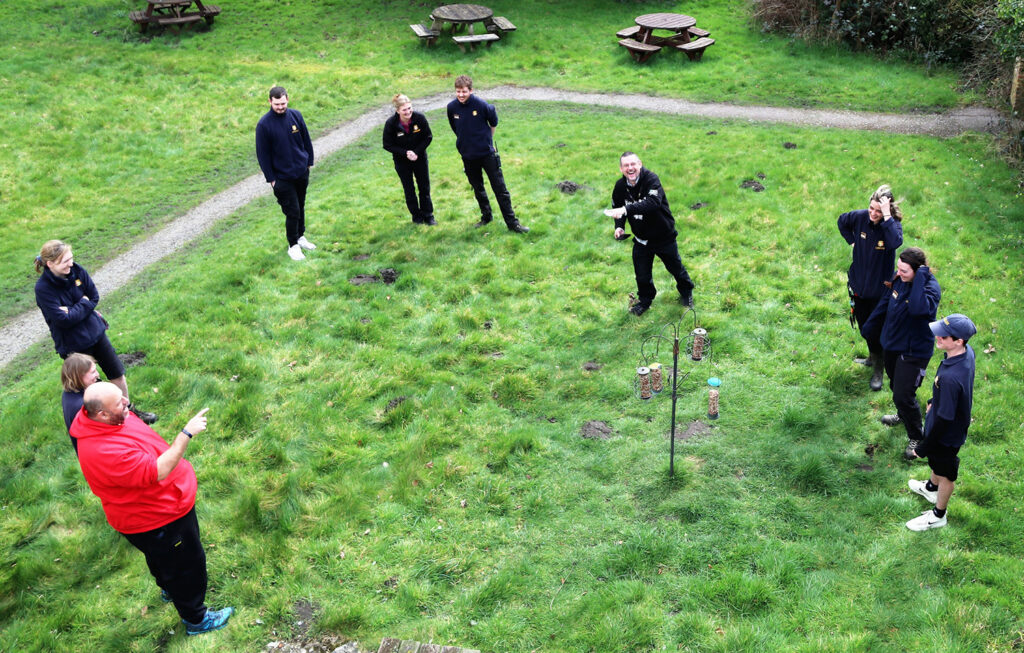
Seeing animals for real is core to the zoo and aquarium experience. Our exposure to TV and media may bring wildlife stories to our living rooms but this is largely passive. However, the zoo visit can also be passive, and so needs to have focused opportunities and interaction. The role of all staff, from the entrance to the shop, is important in contributing to the message and story. Keepers are a critical part of the experience and our visitors look to them for information and engagement.
The professionalisation of keepers in the UK and Ireland has been promoted by ABWAK throughout its 48 year history and it’s good to see that public engagement is now considered core to many keeper jobs. There are various routes into the profession, and a variety of courses and qualifications. For many years I have been involved in the Diploma in the Management of Zoo and Aquarium Animals (DMZAA) and its volunteer-keeper version CMZAAV, run by Sparsholt College for BIAZA. In the ‘modern’ (and covid) world we can effectively utilise online systems to support learning, so it was good to be guest speaker on a webinar for DMZAA / CMZAAV students, giving them background on zoos and education and pointers on successful assignments.
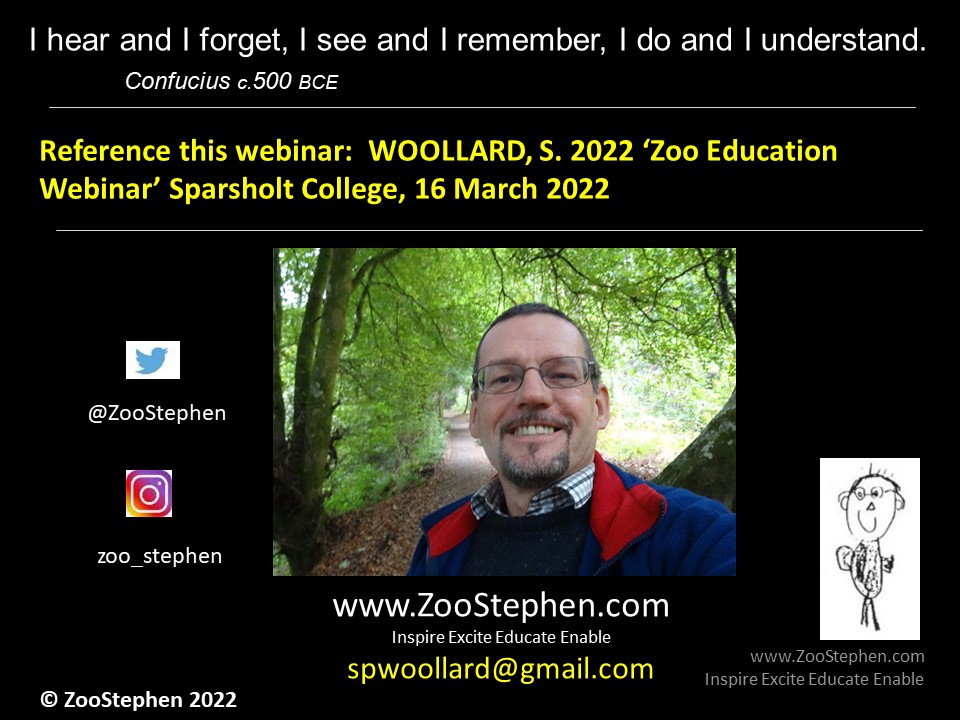
Giving a presentation is and should be something we enjoy and in so doing we can contribute to sharing our passion, enthusiasm and excitement for wildlife, nature, wild places and conservation.

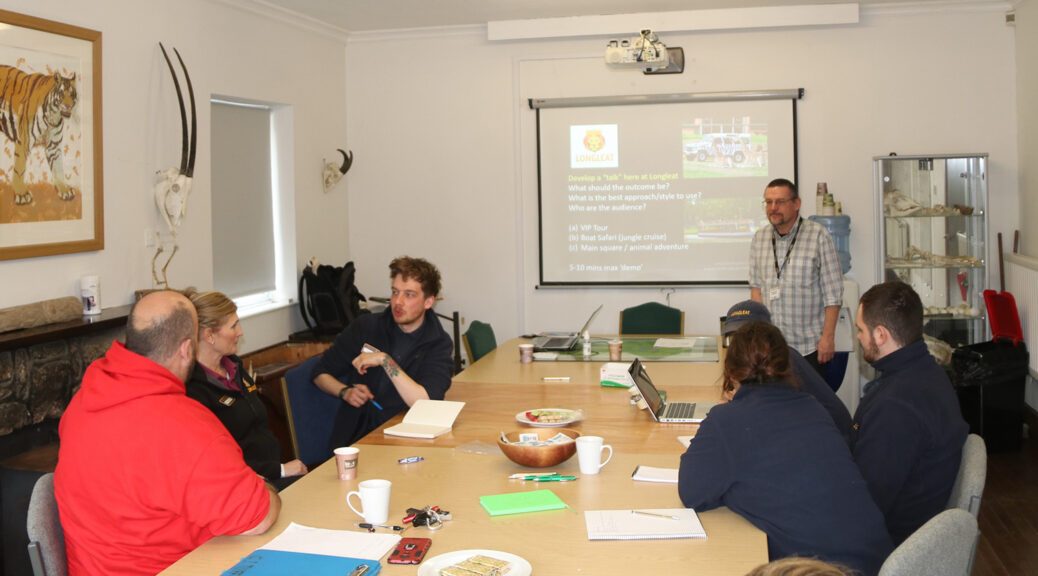
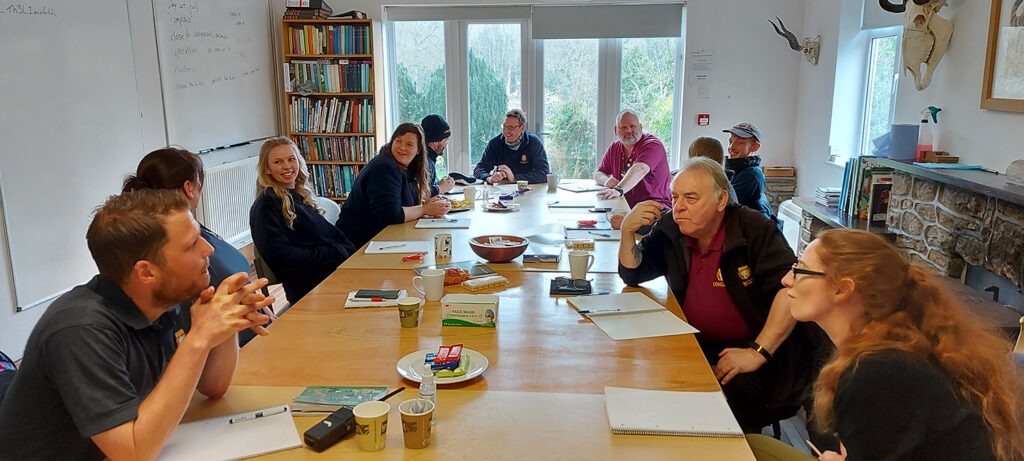
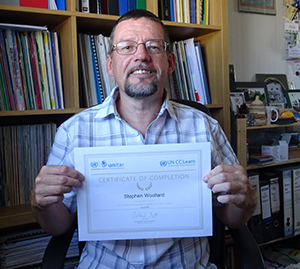

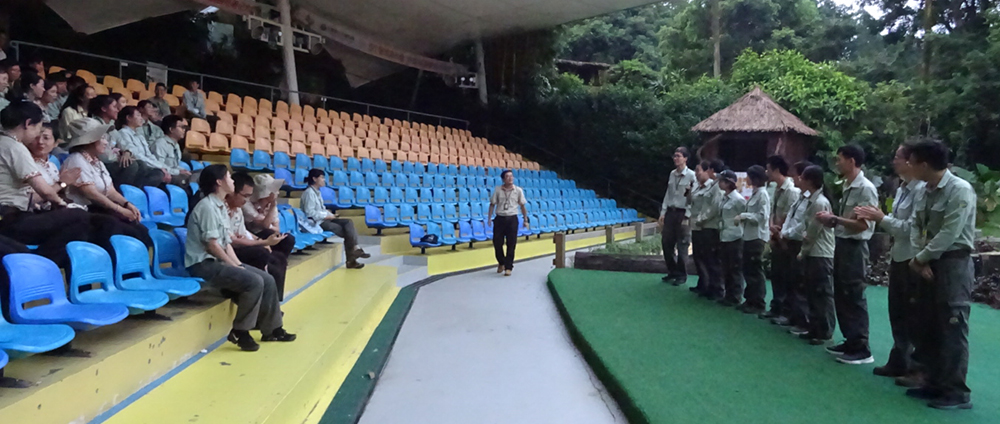
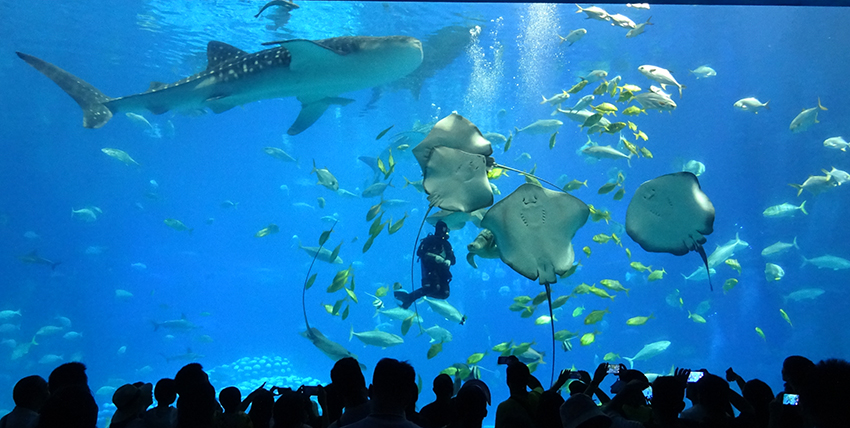
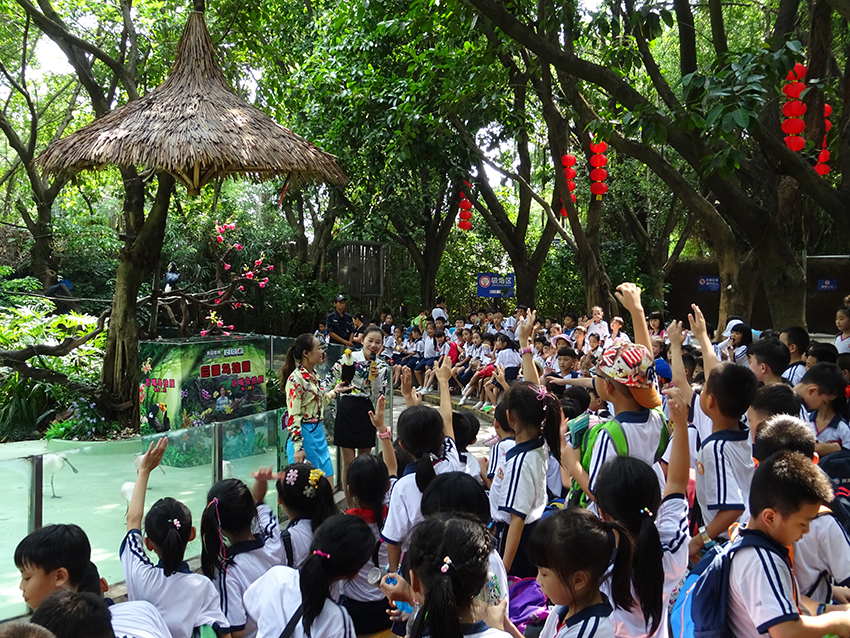

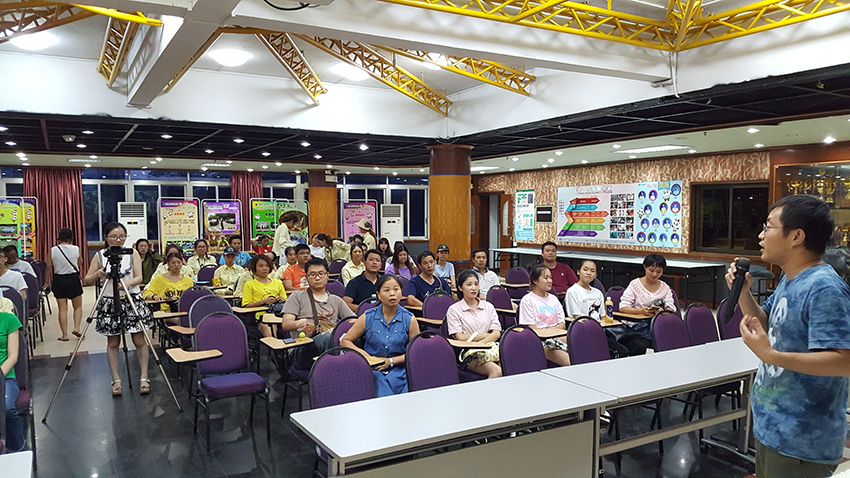
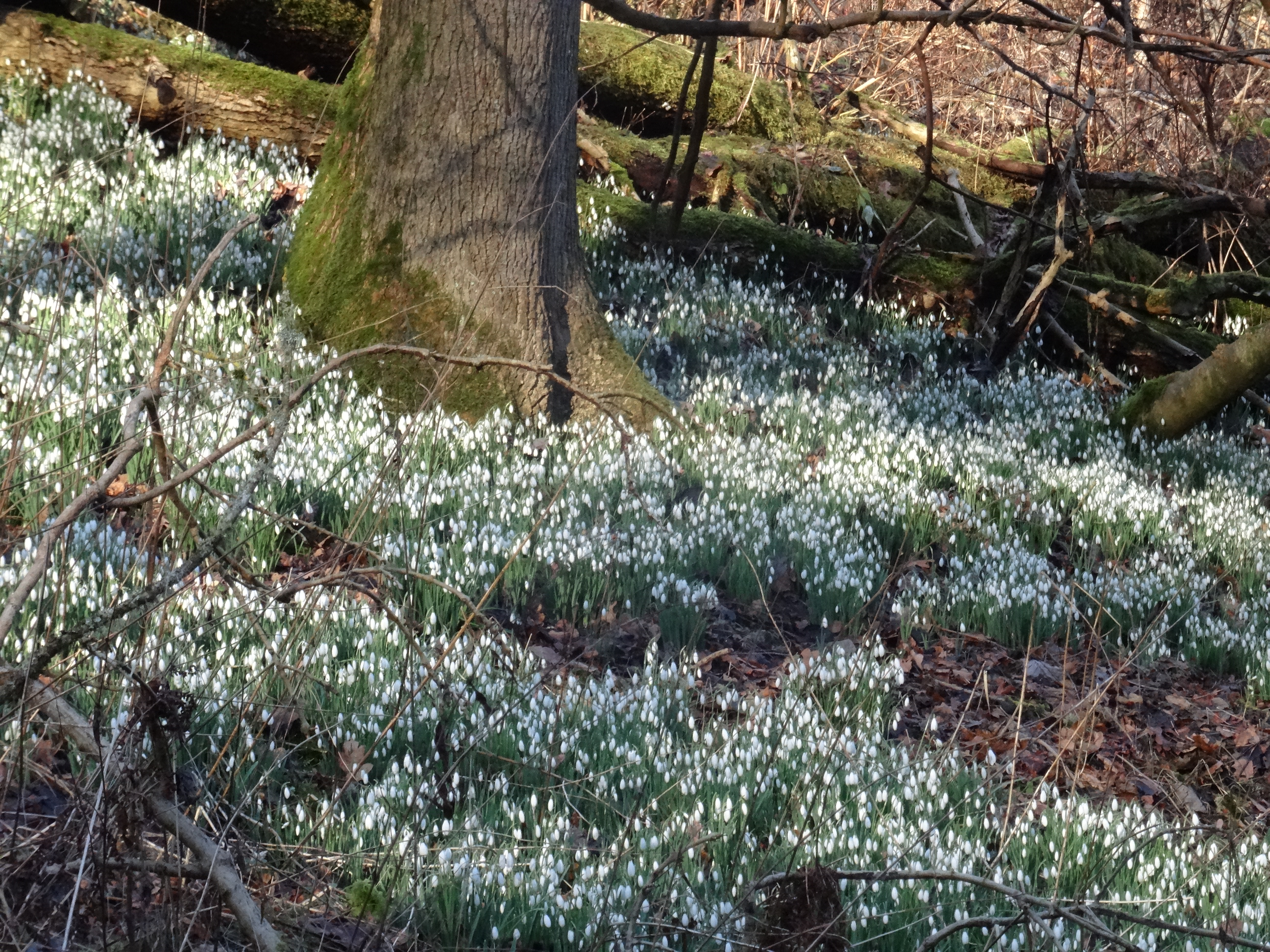


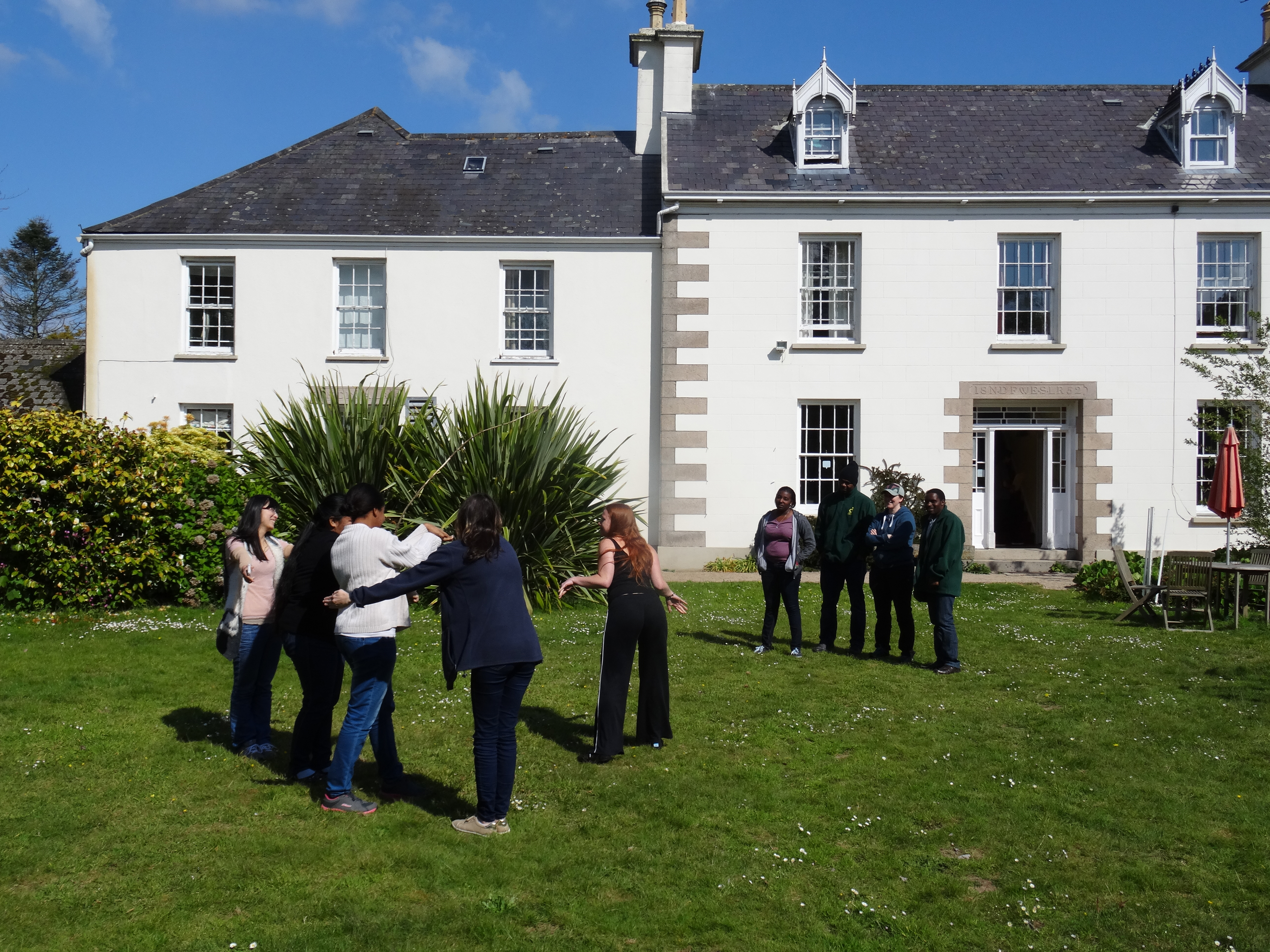
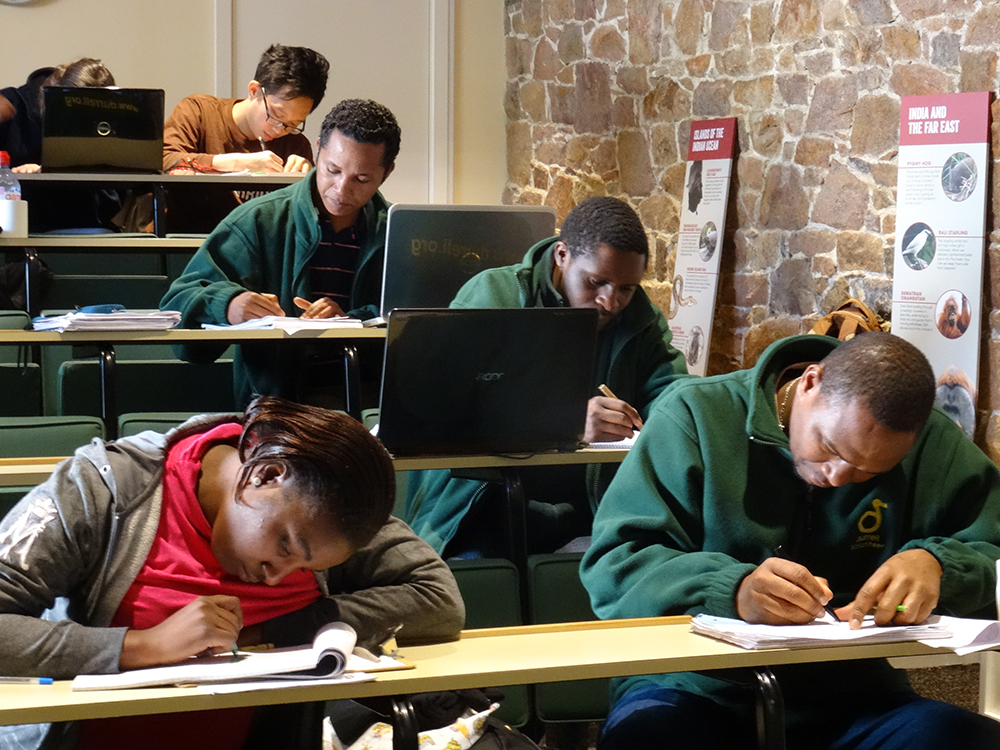 The Durrell Conservation Academy in Jersey has been involved in the training of hundreds of conservationists from around the world and its flagship programme is the Durrell Endangered Species Management Graduate Certificate – DESMAN. It was an honour to be asked to run the Conservation Education training aspect of this year’s course.
The Durrell Conservation Academy in Jersey has been involved in the training of hundreds of conservationists from around the world and its flagship programme is the Durrell Endangered Species Management Graduate Certificate – DESMAN. It was an honour to be asked to run the Conservation Education training aspect of this year’s course.